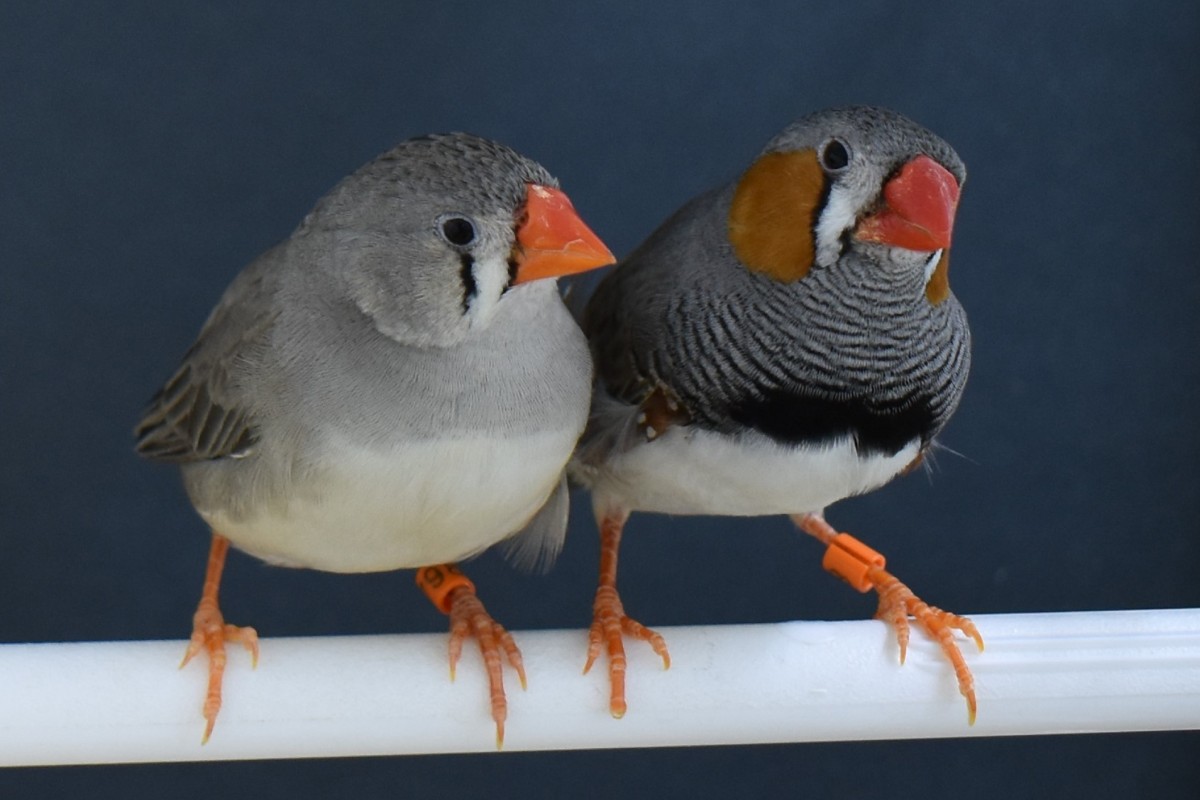Study finds no link between birds’ nest-building experience and learning new skills
Andrew Lyle - 31 January 2022
Although male zebra finches are responsible for building nests, their nest-building experience offers them no advantages in related task learning speed over females of the species, according to a new study by University of Alberta scientists.
“Our research is the first of its kind to investigate how nest building relates to the physical intelligence of birds — and is one step toward a better understanding the relationship between sex differences in behaviour and cognition in animals,” said Connor Lambert, lead author of the study and PhD student under the supervision ofLauren Guillette, assistant professor in the Department of Psychology.
The study focused on physical intelligence — what animals learn and understand about the physical properties of the world. Nest building involves knowledge of the raw materials that are used to construct the nest, and in zebra finches it is the males who select material, bring it to the nest, and do most of the building.
“Contrary to our predictions, we found no differences in learning, that is, males and females both learned about the physical properties at similar speeds,” said Lambert. “Males’ life history of nest building did not lead them to be better at learning about material properties.”
Live and learn
To test if nest-building males fared better at learning tasks about physical properties compared to non-nest-building females, the team measured how quickly birds learned that some types of string led to food, while other types of string did not. The team found no differences in the learning speed between males and females, showing that despite their experience in nest-building, male zebra finches held no particular advantage at learning new tasks.
“Nest building is not just a hard-wired skill — zebra finches learn what materials work better than others and can adjust their behavior,” said Lambert.
The study was made possible through funding by the The Natural Sciences and Engineering Council of Canada. And while the scientists’ hypothesis was not supported, the results tell us more about how animal species learn and understand the world around them.
“The fact is, we know very little about why some species seem very good at learning and understanding things about the physical properties of the world — such as how gravity works, how different objects interact, and more,” said Lambert.
The study, “Do sex diferences in construction behavior relate to diferences in physical cognitive abilities?” was published in Animal Cognition.
